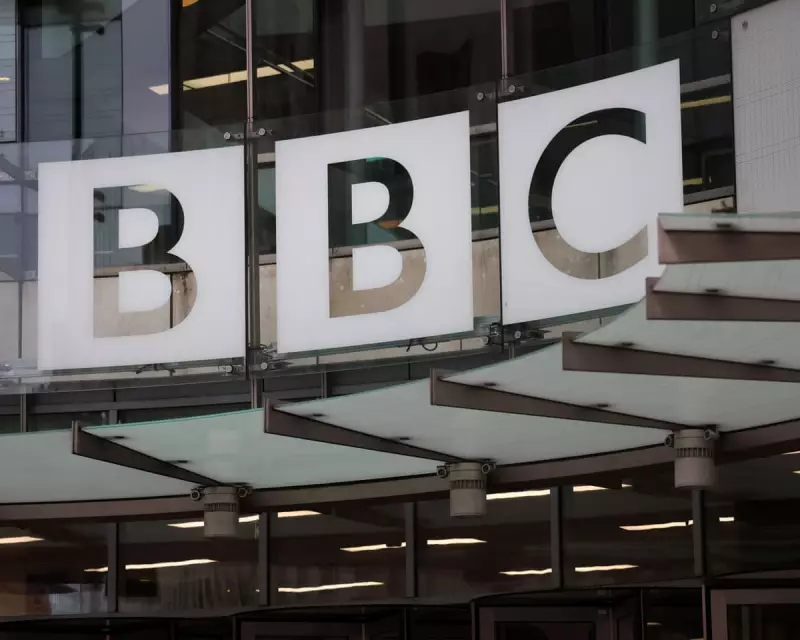
The British Broadcasting Corporation finds itself at the centre of a fierce debate about political impartiality, with a landmark academic study and a high-profile lawsuit from Donald Trump fuelling controversy.
The Evidence Behind Bias Claims
Rather than relying on subjective opinions, researchers have conducted systematic analyses of BBC coverage over decades. A comprehensive 2013 study conducted at Cardiff University delivered particularly revealing findings about the broadcaster's editorial tendencies.
The research concluded that the BBC typically reproduces "a Conservative, Eurosceptic, pro-business version of the world" rather than promoting left-wing or anti-business perspectives. This academic assessment provides concrete evidence in discussions often dominated by unsupported assertions.
Historical Context and Public Perception
Long-term research supports the complexity of bias allegations. Between 1975 and 2000, regulatory bodies including the Independent Broadcasting Authority and Independent Television Commission conducted annual surveys of UK television viewers about perceived political bias.
The data reveals intriguing patterns: throughout most of this period, more viewers detected pro-Conservative bias on the BBC than bias toward any other party. However, this perception shifted dramatically in 1997 when Labour achieved electoral victory.
That year, those seeing pro-Tory bias plummeted from 26% to just 6%, while perception of pro-Labour bias saw a modest increase from 6% to 8%. This fluctuation demonstrates how external political events can significantly influence public perception of media impartiality.
The Trump Lawsuit and Wider Implications
The current controversy extends beyond academic analysis to legal confrontation. Former US President Donald Trump's legal action against the BBC regarding the editing of his Panorama interview has intensified scrutiny of the broadcaster's practices.
Trump's press secretary Karoline Leavitt declared the BBC "100% fake news" despite the broadcaster accurately reporting Trump's 2024 re-election. This contradiction highlights the polarized nature of contemporary media criticism.
Public response has been divided, with some letter writers suggesting the BBC should broadcast Trump's January 6 speech in full to allow viewers to form their own judgments, while others advocate for stronger resistance against what they perceive as bullying tactics.
As Professor Peter Ayton of Leeds University Business School emphasises, "Judgmental assertions of bias should not supplant careful analyses of evidence" in these important discussions about media integrity and political influence.





